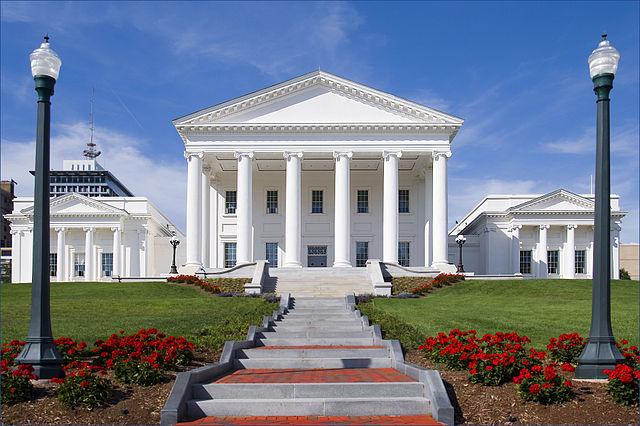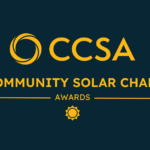As of Oct. 1, developers started applying to help bring local solar energy to customers across the commonwealth.
Ivy Main lives in the middle of the woods, where her tall windows look out on a verdant forest—a setting that’s ideal for the conservation chair of the Virginia chapter of the Sierra Club.
But while she enjoys all the tree cover, being surrounded by shade presents one problem: “Right now I can’t go anywhere and buy solar energy for myself.”
Fortunately, that’s about to change for her and thousands more Virginians.
On Oct. 1, Virginia opened its first shared solar program, which—once it’s up and running—will allow Main and others across the state to subscribe to solar energy facilities that open renewable energy options to many who don’t have them now.
“Being able to use on-site solar is something that so far has only been available to people who own their own homes and have sunny roofs,” says Main. “But it leaves out a whole lot of the middle-income people and below, and people who are renters.” In addition to the benefits of lower electric bills, she believes it provides helpful consumer choice. “It’s part of energy democracy—people should be able to take charge of their own energy supplies.”
Virginia’s new shared solar program—similar to community solar in other states—will enable landowners to install solar arrays on their land, which customers from all over can subscribe to in order to use renewable energy. The commonwealth’s high number of both potential customers and locations ideal for siting projects mean that the program’s proponents are excited about what the next few years could bring.
“Virginia has, just in the past few years, started developing large solar projects. But those projects haven’t provided the opportunity for customers to engage directly in renewable energy,” says Brandon Smithwood, senior director of policy for Dimension Renewable Energy. “The shared solar program created in the 2020 legislative session gives more landowners an opportunity for steady income from solar projects and gives Virginians throughout Dominion’s service territory the opportunity to be part of the clean energy economy, regardless of whether they can put solar on their roof.”
It’s not just for those with their own roofs. Previously, if any customers wanted to purchase green energy certificates, there was a premium cost. Shared solar changes that.
“We have the opportunity to help low-income families actually reduce their consumption off of the grid, so to speak, by being able to get direct solar energy,” says Carmen Bingham, affordable energy project coordinator of the Virginia Poverty Law Center, which since 1970 has advocated for low-income residents—particularly on housing-related issues. “Let’s face it: When you’re strapped for cash, the important thing is to get that bill down so it’s not such a pull on your house finances.”
For Leslie Elder, Mid-Atlantic director of the Coalition for Community Solar Access, the program’s strong benefits and protections for low-income customers—each shared solar project must serve at least 30% low-income customers—have the potential to be a game-changer. “You can bring urban and rural customers together to really bring down their energy burdens,” she says. “In the rural portions of Virginia that are former coal or tobacco country, their energy burdens are substantial. They also don’t necessarily have the financial means or the roofs available to participate in a typical ownership of a solar facility. So that’s where shared solar really plays a role.”
Adds the Sierra Club’s Ivy Main, “It’s now the cheapest form of energy in Virginia—which is amazing.”
In the coming months, there’s still a lot of work to do to expand availability across the commonwealth, and in writing the regulations for the shared solar program. For example, a decision is yet to be rendered about a proposed “minimum bill,” a threshold each subscriber of shared solar would need to reach on their monthly utility bill in order to realize savings. If the minimum bill amount is too high, advocates are concerned it will discourage participation by those who want the opportunity to save money on their energy bills.
“It is vitally important that the minimum bill is reasonable, and the savings calculation is such that participation from Virginians is encouraged,” Elder explained. “If the $75 minimum bill as proposed by Dominion is accepted, the shared solar program will not be viable and customers will not save money, as intended by the law.”
“The legislation passed in 2020 was limited in how many projects can be accepted into the program: 200MW or about 40 projects,” says Smithwood. “The program is also not available to customers living in the other utilities’ service territories [besides Dominion’s]. We really need the legislature to build on what they did in 2020 to ensure that more than a small amount of Virginians have this opportunity.”




